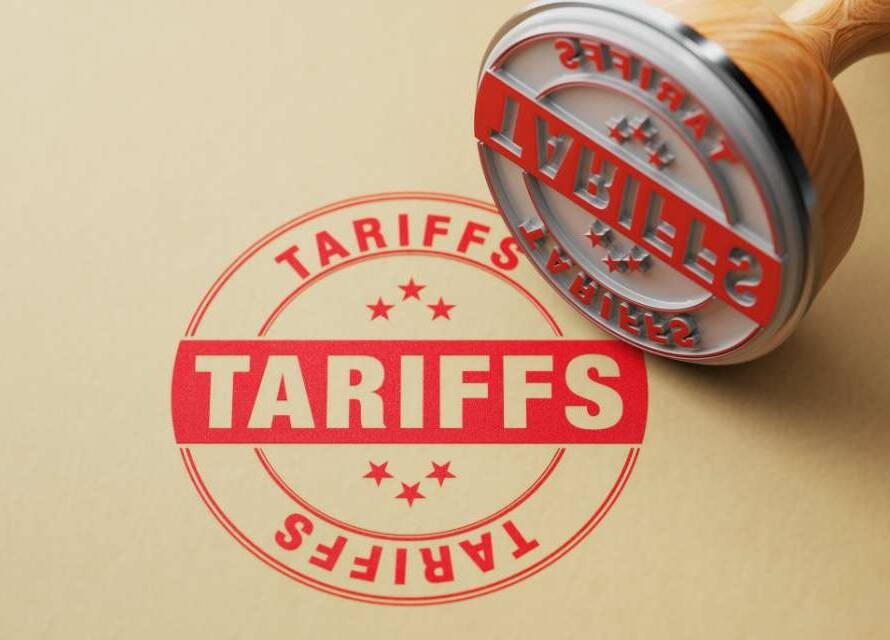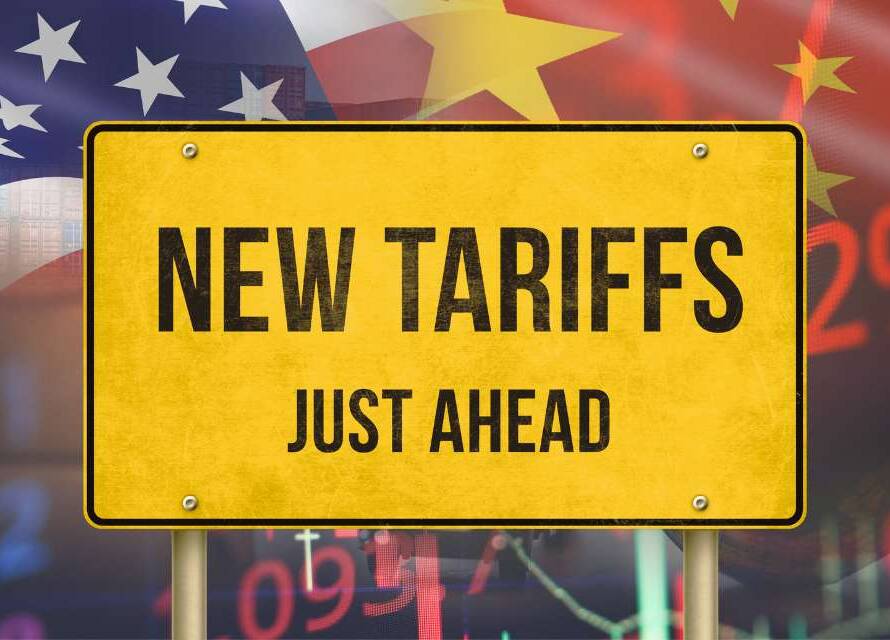As global trade evolves, U.S. manufacturers are closely monitoring policies that could affect their costs and competitiveness. Among these, carbon tariffs—designed to address climate concerns by taxing imports based on their carbon emissions—are gaining traction globally.
However, Trump’s return to office may ease some immediate concerns. His administration’s anticipated reluctance to pursue such measures could provide stability, particularly for companies importing from key partners like India.
Trump’s Likely Stance: Climate as a Low Priority
Globally, carbon tariffs are being positioned as a tool to encourage cleaner manufacturing practices. For instance, the European Union has introduced the Carbon Border Adjustment Mechanism (CBAM), which is set to tax imports such as steel, cement, and aluminum starting in 2026. This system assigns a financial value to the carbon emissions embedded in goods, influencing how businesses manage their supply chains.
A Trump administration, however, is unlikely to prioritize climate-driven trade measures like carbon tariffs. Historically, Trump has emphasized deregulation and opposed policies that could increase costs for American businesses. This approach suggests a continuation of minimal climate-linked trade disruptions for U.S. manufacturers in the near term.
What Are Carbon Tariffs, and Why Do They Matter?
Carbon tariffs impose charges on imports based on their carbon footprints. For goods produced through energy-intensive methods, such as steel, aluminum, and cement, this could result in significant price increases for exporters.
This impact is especially significant for sectors such as automotive manufacturing and construction, which depend heavily on imported steel and aluminum. Carbon tariffs could drive up the cost of these materials, with some estimates indicating an average 10% increase for commodities entering the EU, including iron and steel, cement, aluminum, fertilizers, electricity, and hydrogen.
If a similar policy were enacted in the U.S., manufacturers sourcing materials or components from countries like India—where robust manufacturing sectors rely on diverse energy sources—could face additional costs. However, Trump’s likely avoidance of such measures would allow U.S. companies to continue benefiting from the competitive pricing and reliable supply chains provided by these trade partners.
A Window of Stability for U.S. Manufacturers
For now, U.S. manufacturers importing from India can breathe easier. The absence of imminent carbon tariffs under a Trump administration would allow companies to maintain their current supply chains without the risk of sudden cost increases tied to emissions regulations.
With India emerging as a key supplier for engineering goods and electronics, such partnerships are essential to keeping supply chains cost-effective and flexible. The lack of additional tariff burdens in the short term ensures these relationships can continue to thrive without disruption. For businesses navigating a complex global trade environment, this stability offers a valuable opportunity.
As a U.S.-based company with 30 years of experience, Source Machining Specialties specializes in helping U.S. manufacturers with their manufacturing needs in India. We’re so confident in our Indian production facilities that we invite you to a site audit at our expense. Discover more about our capabilities and services, and let’s start a conversation.



